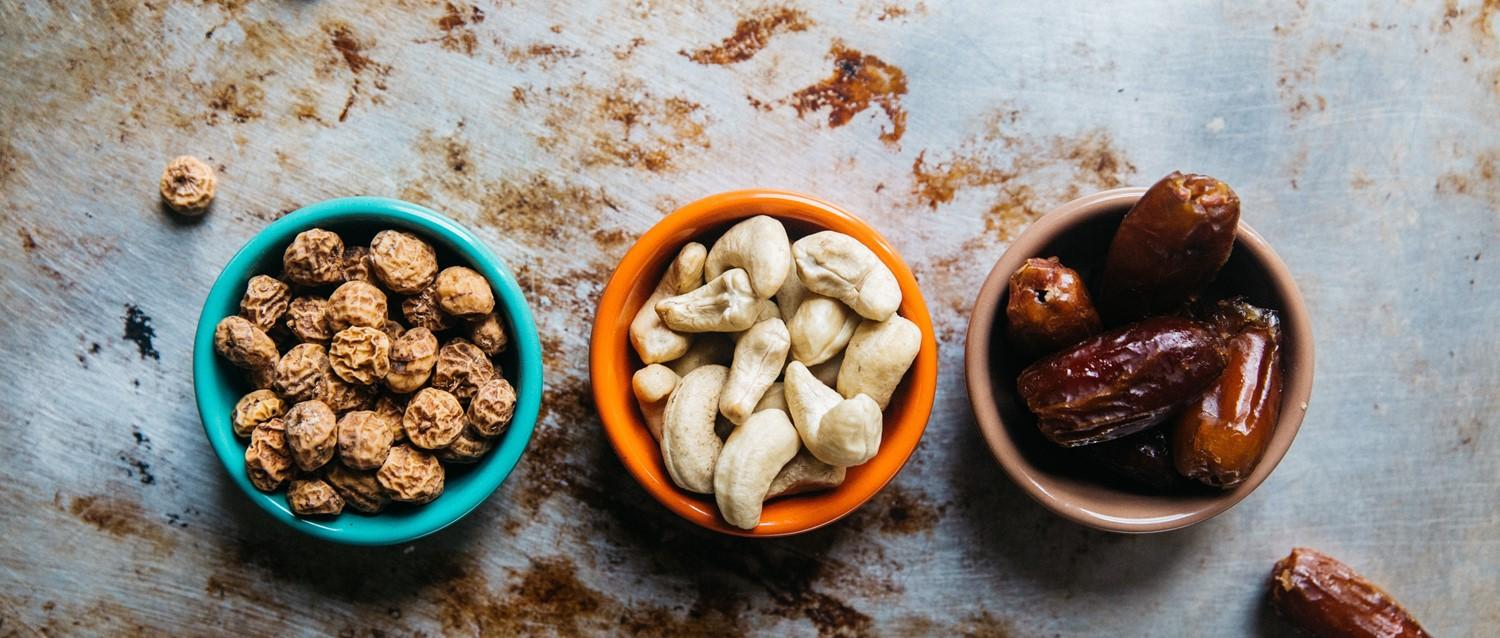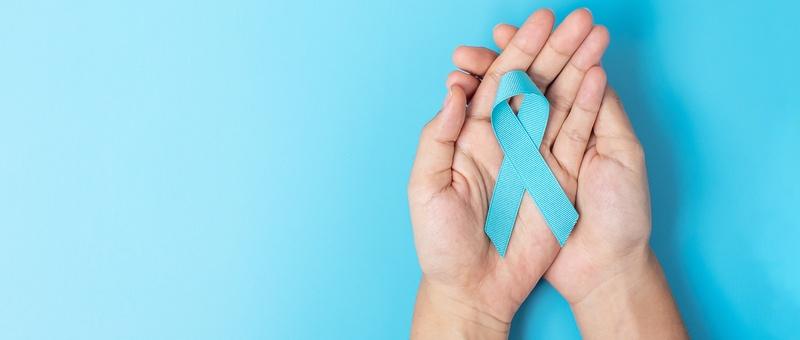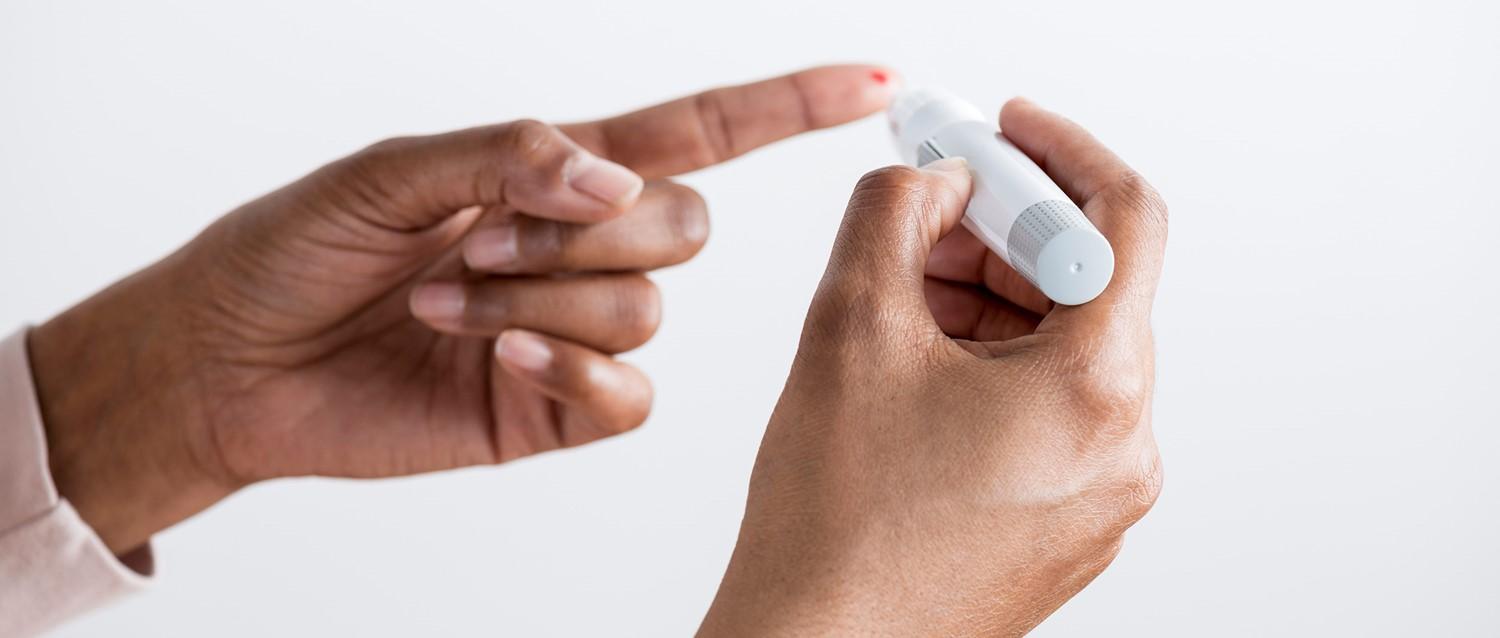
How to manage diabetes during Ramadan
Peer reviewed by Dr Colin Tidy, MRCGPLast updated by Dr Sarah Jarvis MBE, FRCGPLast updated 12 Apr 2021
Meets Patient’s editorial guidelines
- DownloadDownload
- Share
- Language
- Discussion
If you have either type 1 or type 2 diabetes and observe fasting during Ramadan, are there any special precautions you can take to ensure you stay well?
Sign up for our free 10-week Diabetes course!
Each week, we'll explore a different topic to help you better understand and manage your diabetes, including everyday living and medicines, to mental wellbeing, the latest in diabetes tech, and nutrition.
By subscribing you accept our Privacy Policy. You can unsubscribe at any time. We never sell your data.
In this article:
If you have diabetes, the first question is whether you should fast at all during Ramadan. Unless you're pregnant, breastfeeding, or a woman going through her menstrual period or with postnatal bleeding, you may think I don't know what I'm talking about.
After all, fasting during the holy month of Ramadan is one of the five fundamental Pillars of Islam. That means refraining from all food (including tablets, even if swallowed dry), drinking water or any beverages, and smoking from dawn till sunset for 29-30 days, depending on when Ramadan lands in the year.
But while the Qu'ran requires Muslims to fast from sunrise to sunset during the holy month of Ramadan, there are exceptions in addition to the above. Some illnesses do not prevent a Muslim from fasting, while others do.
With diabetes, there is no hard and fast rule - it depends on a number of factors, including the medication you are taking and other medical conditions you may have. However, it is always worth consulting your doctor even if you do think you are able to fast, as they may recommend special precautions or changes to your medications.
Continue reading below
Type 1 diabetes
If you have type 1 diabetes, you'll be using insulin - some patients with type 2 diabetes use this, too. Insulin lowers your blood sugar, and if you use your normal dose of insulin but are fasting, you're at much higher risk of a 'hypo', or episode of low blood sugar. This can cause a variety of symptoms including poor concentration, feeling very hungry, irritability, blurred vision and confusion. In severe cases, it can lead to loss of consciousness and to abnormal heart rhythms, and occasionally it can even be fatal.
If you use insulin, always speak with your medical team before you fast. You will need to adjust your dose of insulin and you will certainly need to check your blood sugar levels more regularly.
You will need to make sure you drink plenty of fluids at the end and beginning of each day's fast, to avoid dehydration.
You should also include slowly absorbed foods, such as lentils and basmati rice, before you start your fast. If you have poorly controlled diabetes or 'hypoglycaemia unawareness', where you do not get early warning signs of low blood sugar, your doctor may advise you that it is too dangerous for you to fast.
Type 2 diabetes
Back to contentsIf you have type 2 diabetes, you may be taking insulin, but most people with type 2 diabetes take tablets. Two kinds of tablets can also make you prone to hypos. The most common kind is a group of tablets called the sulfonylureas, or SUs (they all have names ending in '-ide', and one of the most common is gliclazide. The other tablet linked with hypos is called repaglinide (brand name Prandin).
People with type 2 diabetes who take SUs or repaglinide are many times more likely than people taking other tablets for type 2 diabetes to get severe hypos, which can be very dangerous.
If you're taking any of these medicines and plan to fast over Ramadan, speak with your GP about your tablets. They may advise you to change your tablets to a kind which does not carry the same risks. You should certainly watch out for signs of hypos and monitor your blood sugar. There is also a risk of overeating at Suhoor and Iftar, the meals before and after fasting, which can send blood glucose levels to dangerously high levels.
If your blood sugar drops below 4, it is dangerous to continue to fast. You need to take some fast-acting carbohydrate to prevent it from dropping further. If your doctor feels it is not safe for you to continue to fast, your Imam can advise on other ways to complete your duties without putting your health at risk.
People who either have type 2 diabetes controlled with diet and exercise, or who take other tablets (metformin, 'gliptin' tablets), are unlikely to have any special problem over fasting at Ramadan. Those taking tablets called SGLT2 inhibitors (dapagliflozin, canagliflozin, empagliflozin), as well as people with type 1 diabetes, could be at risk if they become dehydrated. The SUs and repaglinide, along with insulin, carry the same risks as explained above.
Patient picks for Diabetes mellitus

Diabetes
Quiz: Do I have diabetes?
Diabetes is a manageable condition, but left untreated it can cause serious harm. Below, we have a few simple questions to help you identify any of the tell-tale signs.
by Victoria Raw

Diabetes
The future of diabetes treatment
How might the landscape of diabetes have changed by 2050? We asked leading diabetes physician Dr David Cavan, author of Reverse Your Diabetes and Reverse Your Diabetes Diet, for his predictions.
by Danny Chadburn
Article history
The information on this page is peer reviewed by qualified clinicians.
12 Apr 2021 | Latest version

Ask, share, connect.
Browse discussions, ask questions, and share experiences across hundreds of health topics.

Feeling unwell?
Assess your symptoms online for free
Sign up to the Patient newsletter
Your weekly dose of clear, trustworthy health advice - written to help you feel informed, confident and in control.
By subscribing you accept our Privacy Policy. You can unsubscribe at any time. We never sell your data.